Before he went to New York, Rush Limbaugh was on the radio in Sacramento, California. That wasn’t too far from where I lived throughout the first few decades of my life, but I wasn’t in the Sacramento radio market so I never heard him. My first exposure to him was when he moved to New York and went national in the summer of 1988.
Where I lived, the early days of Limbaugh were broadcast on an underpowered station located in a relatively small community about 40 miles from the closest metropolitan area. It was one of those spots on the AM radio dial that you might stop on for a moment just to see what was playing, but it wasn’t a station you had pre-programmed into the controls. I vividly remember sitting in line at the drive-up window at the bank — remember those? — and listening to Rush as he was telling a story. There was no political angle to the story he was telling, but the acrimony, sarcasm, and biting humor he wielded like weapons had me laughing out loud.
When Rush and his wife moved from Sacramento to New York, all their household belongings were moved by a national moving company. Rush and his wife flew and expected to furnish their New York apartment with the belongings after they arrived.
They never arrived. Never. Ever.
My recollection is — and this goes back 33 years now — that Rush ranted about this moving company on his show every day for several days. At first, it was just “When will they find our stuff and get it here?” He would recount his numerous conversations with company officials — I don’t think he ever named them because he didn’t want to risk getting sued — about the status of the search for his belongings and their assurances that they would be found — while commenting on the seeming impossibility of losing a full-sized trailer load of household belongings being hauled cross-country by a semi-truck. I tuned in every morning to hear what he might have to say that day about the events of the past 24 hours and the great search for a trailer holding all his earthly belongings. One day he announced that the search had ended. The trailer had simply vanished. Oh well.
In his first few years on the air, his political commentary was always intertwined with humor — usually mocking humor at the expense of some icon of the liberal establishment. I was in my late 20s at the time, so the edgier he was the more I liked it.
Rush didn’t make me a conservative. I had voted for Ronald Reagan in 1980 and 1984, and when residing in Washington D.C. in the mid-1980s I lived with family friends for the first few months who were in DC because the gentleman was a senior official in the Reagan Administration. My politics in law school were always out-of-step with most of my peers, and when I moved back to California, I lost the day-to-day contact with political matters that I enjoyed during my years in DC.
But when I discovered Rush’s show on that small station’s weak signal, I found that reconnection with daily political content that I had been missing for a year. It provided daily affirmation for my own views about the idiocy of liberal politics, and why I found conservatism to be smarter and more in touch with the needs of everyday Americans. The rapidly increasing popularity of his show told me that I wasn’t alone — millions of Americans felt the same way I did.
While the dominant media institutions of the day were always accepted as favoring Democrat Party views, the presentation of the news was more down-the-middle. In my experience, with the exception of conservative commentators in DC whose advancement of Reagan conservatism was mostly local, and most aimed at governmental institutions, Rush was the first conservative media personality to address mainstream media liberalism by calling it out on a national stage. No one had ever before pointed out that Dan Rather was a liberal, and let his liberal views infect the CBS Evening News as its managing editor in addition to being the anchor. Rush didn’t let that liberalism slip by uncommented upon. He made the liberal bias of the media a topic for debate, and in doing so, he gave voice to millions of Americans across the country who harbored the same views.
Where I lived at the time, there was a dominant radio talk show host who was about the same age as Rush and had a profile in the media market similar to Rush’s profile in Sacramento. But he played it more down-the-middle and didn’t swing very far from left or right in his role as a talk show host. I crossed paths with this person a few times in the early 90s because of a mutual friend, and he talked about radio industry events where he had come to know Rush. He claimed the pre-New York Rush was not as political as the guy doing the nationally syndicated show. He wondered aloud whether what Rush did on the air every day wasn’t really just “performance art” by a radio guy trying to draw an audience by being different — comparing him to Howard Stern.
I’ve thought many times over the years about that radio guy and his observations. The guy was kind of an arse, and never was able to break out of the local market he was in — and it wasn’t for a lack of trying. I thought at the time he was really expressing his own jealousy of Rush, and he was envious of what Rush built in New York after leaving Sacramento.
But now, looking back over the last 33 years since I first heard Rush that morning sitting in the drive-thru line at the bank, considering that his show became more substantive and less tied to comedy in the decades that he did what he did, I think the question of whether it was all “performance art” has been answered many times over.
Rush Limbaugh was a unique individual and talent in the history of the United States. He stepped in and filled a void. He became a lightning rod for criticism as a result. From the strength given to him by that criticism, he grew into a media colossus.
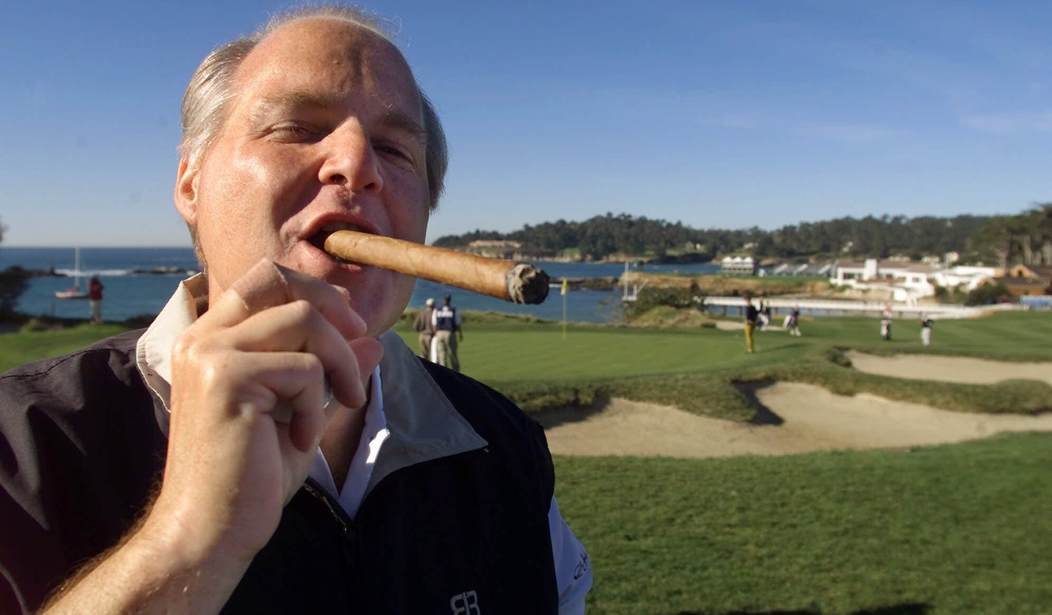



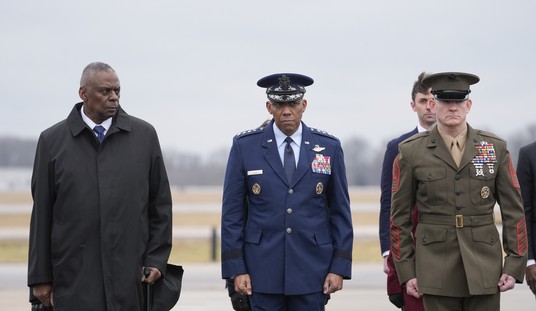


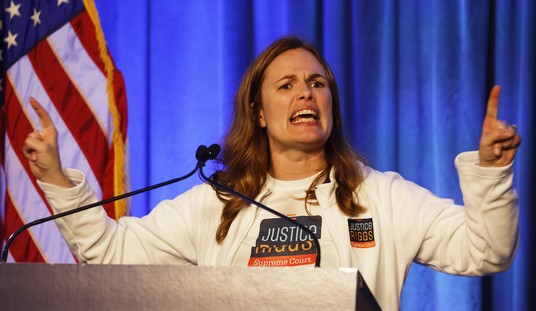
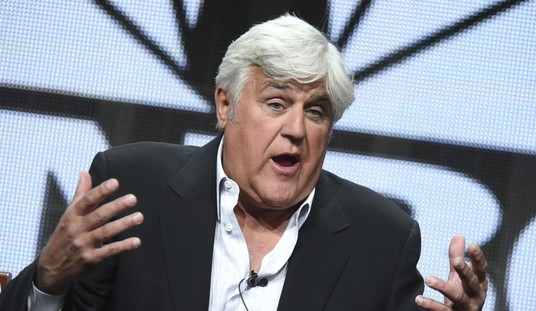

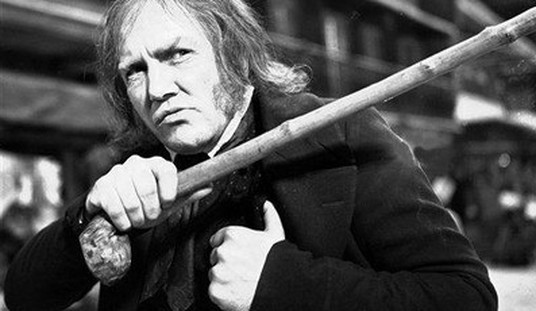



Join the conversation as a VIP Member